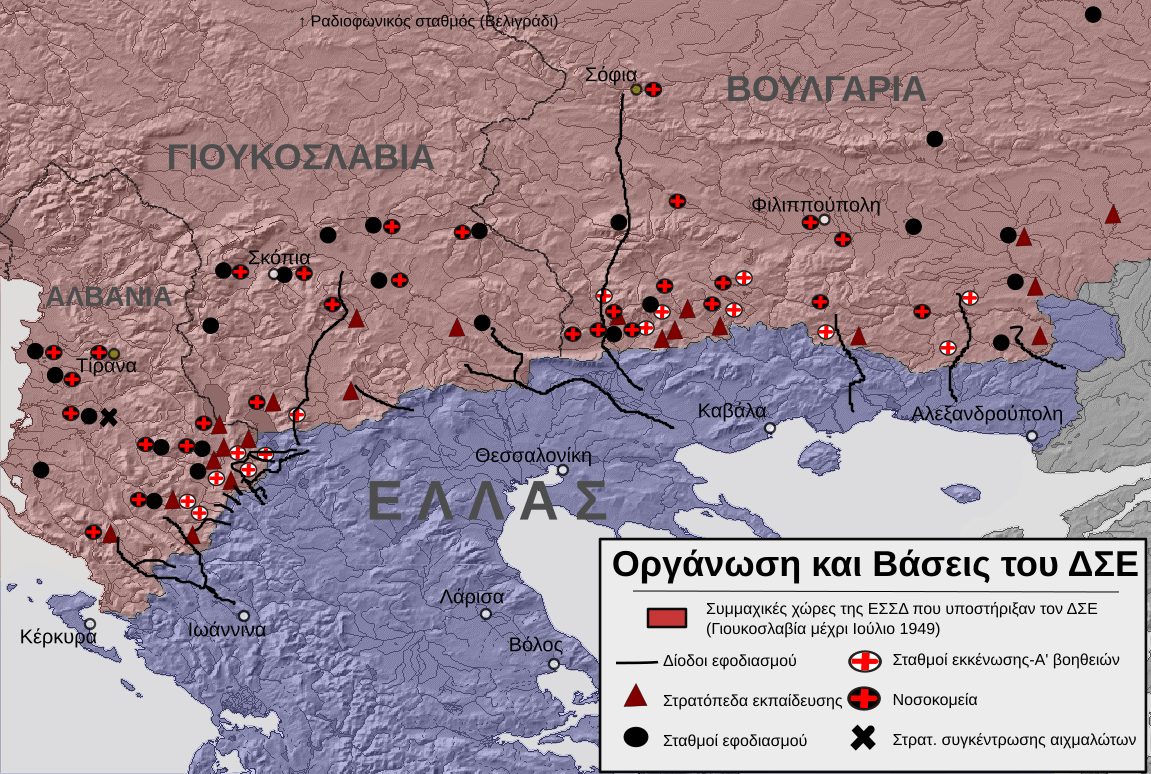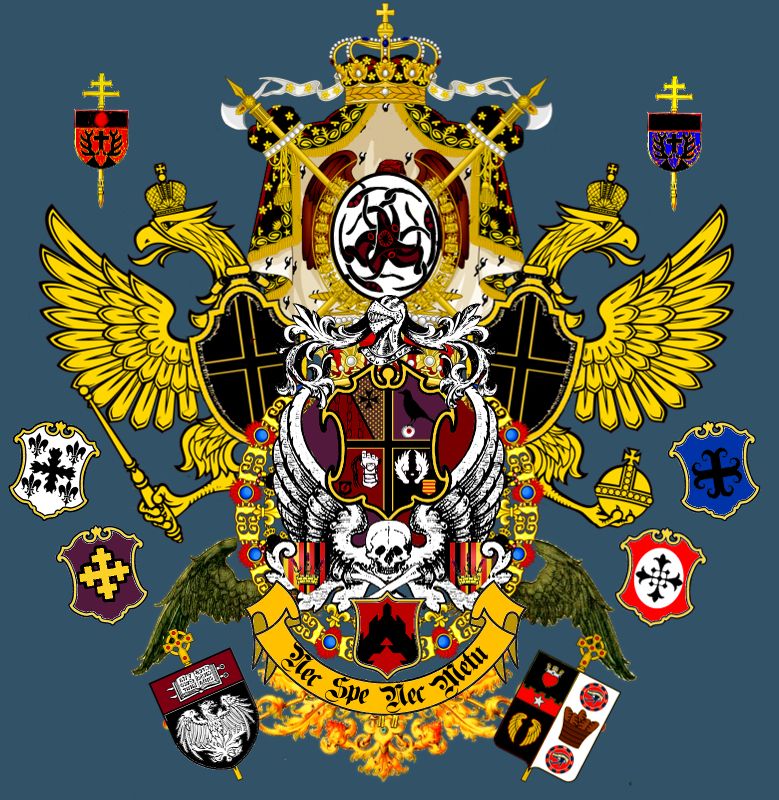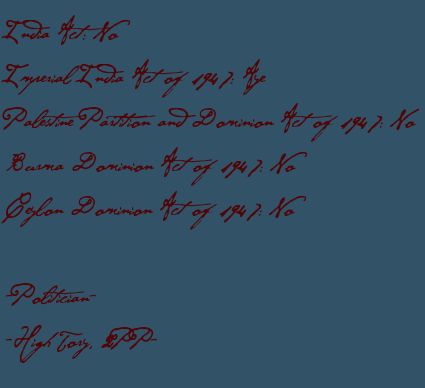Operation: Kick-Start, Part 2
Laconia, Greece.
Mansfield was still tasting the blood in his mouth as the latest skirmish with Communist guerillas ended in a victorious, though costly maneuver. Leading 35 men they were to attack a village while under limited mortar support to minimize civilian casualties. However, this assault was already expected. A grenade made mince-meat two of his men while sending him flying smack into the side of the ruined local church.
At least he wasn’t dead.
Outnumbered and outgunned the DSE units withdrew from the area but not before losing 12 of their own, 3 were taken prisoner. For his part, casualties numbered nearly half of the task force. This was a growing trend leading Gifford to suspect that the Reds had an extensive intelligence web throughout the nation, MI6 figured at least 1 in 4 villages had an informant feeding the DSE information which not precisely fatal but hampered government and allied efforts at neutralizing enemy positions.
After taking the location Nigel had appeared to see the progress, or lack thereof, on the ground to form up his own assessment. He would find the Lieutenant sitting on a nearby wooden wagon smoking “Luckies”, Mr. Mack had offered them to him.
“You all right?” Clive would point to his ruined combat fatigues and the dried blood on his chin.
“Alive. Village taken, took prisoners for interrogation.” Mansfield took a long drag of the cigarette. Bloody yanks. “They’re anticipating us. The army and paramilitary groups are fighting on an even, dare I say professional footing but these casualties are starting to bite.”
Nigel rubbed his brown moustache and nodded. “I concur, I am putting you in charge of organizing a spy ring mate. You pick the men, send in the one you wish to deploy and see what we can dig up to grab a better edge. The funding and training of the Greek loyalists is being curtailed out of British hands and into the Americans, regretfully so.”
A loud snort and a curse followed.
“Fan-fucking-tastic. Right then, we can’t be mucking about then.”
Several weeks had passed since the formation of the spy-ring, the group was tightly knit while purposefully kept as small as possible to retain the ability to keep sensitive information from being accidentally, or intentionally, leaked.
Gifford found himself deep inside enemy territory with a man he simply called Ronald, the Peloponnese had seen some heavy fighting and some of the worst atrocities thus far in the Greek Civil War. They had sent a local man by the codename of “Elias” to infiltrate the KKE establishment in the area, today would be the first exchange of information.
Hiding behind several rocks on a ridge the gentle breeze and distant waves provided the only sound, the skies were clear with a full moon pale as death.
“We should have sent Stavros. He was the better choice.” Ronald whispered.
“No, he is a demolitions expert. I need him more than ever, and he knows more than Stavros. It benefits us and him if captured, he has little to say.” Going personally was out of the question as becoming one with Greek culture and its language was at best, slow going.
The minutes felt like hours, their infiltrator was late. A distant popping sound was heard.
Ronald spotted quick movement down by the road and tapped his pistol, was it a patrol? For a time nothing came except a new sound emerged, rustling in the bushes. A black mangy dog appeared looking around.
“Just a d—“Mansfield held his hand up.
“No. That’s our contact.”
The canine ventured ever closer to the ridge until it heard a faint whistle, luring it to the hidden duo. He had a dark makeshift collar strapped onto him although the corner of something curiously stuck out. It was a piece of ripped cloth confirming successful infiltration of the KKE operative ranks.
Semper Occultus.






